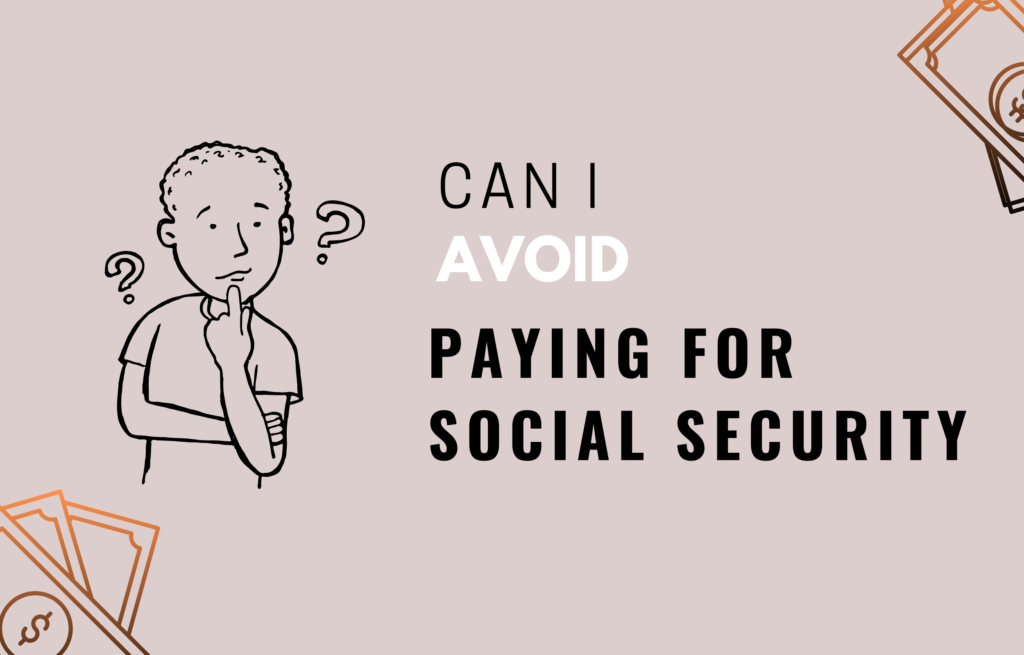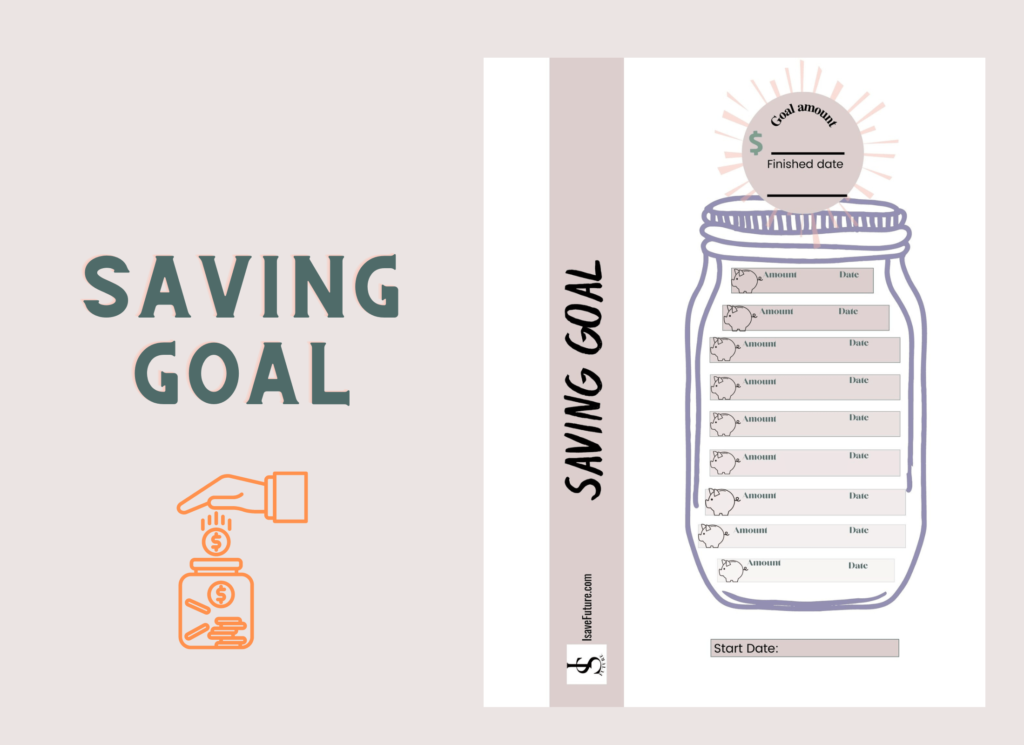It isn’t how much money you make, but how much money you save. This is true about personal finance. You must aim to live with less of what you earn and invest the rest; This is a simple philosophy. However, this mindset is what separates the poor from the rich.
Start to cut down your bills, and don’t underestimate any small savings because they will make a difference over time. You may think that saving $10 on your electric bill wont make a difference, but it does. Ten dollars saved every month is $120 in a year and if you invest that amount in the S&P500 for fifteen years, it could be worth $4,313.97. Every dollar counts when you are building wealth; having that mindset will make you rich.
Determine where you stand financially with a budget
Now, let’s discuss how you can save money when you have a low income. The first thing you must do is audit your finance, so you know where you stand. You can do that with a budget. Most people struggle with their finance because they don’t know where their money is going and how their money is being spent.
A budget will let you know where each of your dollars is going and where you stand financially. Are you overspending on gracery? How much are you spending on eating out? What percentage of your money are you keeping every month? These are questions that a budget will help you answer.
You don’t have to be fancy with your budget; just download a free budget template and start listing your income vs your expenses. Once you have completed your budget, you can determine where you can cut back. Perhaps, you don’t need to eat out so often, or you may have too many entertainment subscriptions.
How to save money on your grocery?
Grocery for many people is one of the bigger expenses in their budget, especially for people with low income. In 2020, households in the lowest income quintile spent an average of $4,099 on food (representing 27 percent of income), while households in the highest income quintile spent an average of $12,245 on food (representing 7 percent of income). [1] Spending 27% of your income on food alone can weigh down your budget significantly.
The first thing you have to establish before you go to the supermarket is a grocery budget. Based on your income and your financial goals how much can you spend on groceries every month? Break down your grocery into two categories; “needs” and “wants”.
The “needs” category represents the items you must buy to provide nutritious meals for your family. These are the essentials and it is where most of your grocery budget should go. Buy your “needs” items first and use whatever is left of your grocery budget on the “wants”. The “wants” category represents those items that you like but that provide very little nutritional value such as ice creams, sodas, pizza, etc. Let’s be honest you can live perfectly fine without the wants!
Many factors can impact your grocery bill including where you do your grocery, and whether you shop online or in person. The are some supermarkets that trick you into buying more stuff than you actually need, so you can get a little discount. Think about that; how buying more groceries than needed is saving you money? Don’t do it! Moreover, shopping online may cost you more because you have to tip and sometimes, pay for delivery. Now, consider these tips when shopping for groceries:
- Create a grocery list where the “needs” are top of the list and the “wants” are at the button.
- Try to shop in person as much as possible.
- Make sure you aren’t hungry when you go to the supermarket.
- If you have kids and you have somebody to watch them, leave them at home.
- Buy generic products.
- keep your eye on the prize and don’t buy anything you didn’t plan to get.
Remember, if you can save at least $10 on your grocery, you are making progress.
Avoid impulsive shopping
Making any meaningful change in our life starts with changing our mindset. You must change your mindset from seeking instant gratification to delayed gratification. Instant gratification leads to impulsive purchases of meaningless items. In turn, this leads to credit card debts, poverty, and a lack of financial growth. On average, Americans spend $314 on impulsive buys monthly in 2022. This is a significant amount of money for a low-income family. Avoid falling into this trap and save as much money as possible for your future.
We work to earn money to spend on stuff that we mostly want rather than need. Stop the keeping-up-with-the-Joneses lifestyle and focus on your goals. Overspending on unnecessary things is a failed attempt to find happiness. The happiness from acquiring new things fades away very fast and once it does, you are left with the financial consequences. Don’t give your hard-earned money to retailers; you deserve better.
Get rid of your debt
Debts are like a rolling snowball; once it starts rolling, it is hard to stop it and the more it rolls, the bigger it gets. They are detrimental to our financial health. Create a system to pay all your debts. One popular way of getting rid of your debts is by using The “snowball method”. That is, paying off the smallest of all your debts as quickly as possible. Once you have paid off that debt, you take the money you were putting toward that payment and roll it onto the next-smallest debt owed. You will continue to do this until all your debts are paid off. Lastly, avoid debt as much as possible. Here is a free template you can use to organize your debts using the snowball method.
Avoid lifestyle creep
This happens when increased income leads to more spending. It can manifest in the form of higher rent, expensive hobbies, more eating out, new electronics, and more subscriptions. Many people feel that because they have increased their income, they deserve to spend money on luxury items or experiences. However, that mindset keeps people broke. You want to stay away from this.
If you can increase your income or create a margin between your income and your monthly expenses, invest that money so that it can start working for you. Compound interest can change your life; it can make you wealthy. On the other hand, lifestyle creep can make you broke, and increase your stress and anxiety.

Set priority
When it comes to the things you need to buy, organize them by priority. Make a list where the item you need more urgently is on top of the list and the ones that aren’t that urgent are at the button of the list.
Once you have prioritized your most needed items, create a plan to save for these items. Let’s say that you urgently need a washing machine and it will cost you $600. Put some money on the side every month to save for the washing machine. Once you have saved the six hundred dollars, buy the machine and move on to the next item on your priority list.
Don’t just buy everything you need all at once if you don’t have the money for it. That will lead to debts and financial hurdles. There are things you need that aren’t urgent; they can wait! Lastly, focus on the items you need before you buy something you want; learn to differentiate between needs and wants.
Set money-saving goals
Goal setting is an incredible tool for self-motivation; it creates purpose and meaning in our actions. When you have a goal, it is like running a marathon. The feeling of accomplishment you get by crossing the finish line keeps you motivated. The same thing happens when you have a goal. You are motivated by the feeling of accomplishment you will feel once you reach it. You can use this free template for your money-saving goal.
The opposite is true when you don’t set goals. You work aimlessly every day without a purpose; you work just because you have to, and don’t have any aspirations for yourself or your family.
“If you don’t know where you are going, you will probably end up somewhere else.”
Lawrence J. Peter
Stay motivated
One of the biggest hurdles to saving money is that you tend to lose motivation. You may start to feel that you are depriving yourself of getting new, fancy stuff, or doing things. However, your determination, discipline, and sacrifices will pay off. You will eventually reach your dream future. Then, you will look back and realize that everything you did was worth it. Financial stability is such an important part of our lives that once you acquire it, it changes your life forever. While it may be true that money doesn’t give you happiness, it improves the quality of your life significantly.



